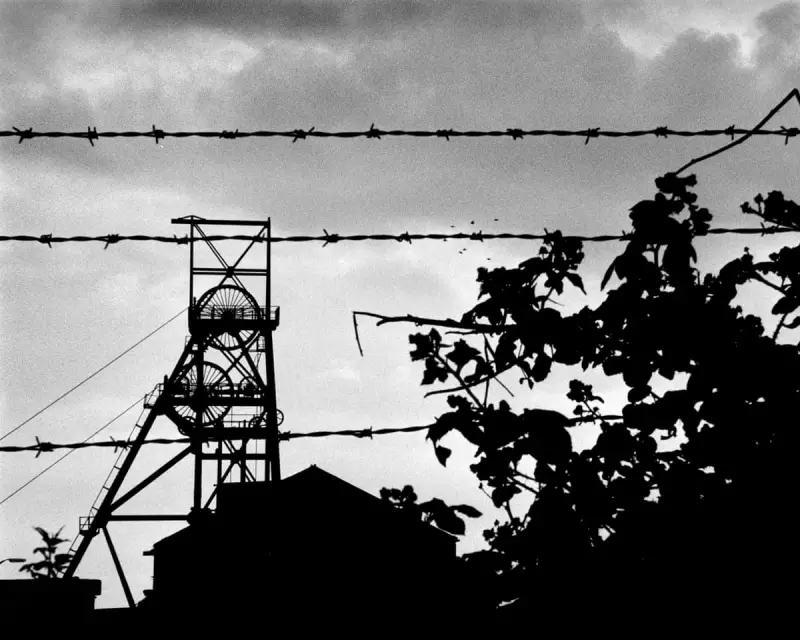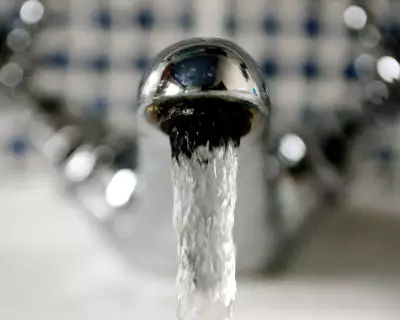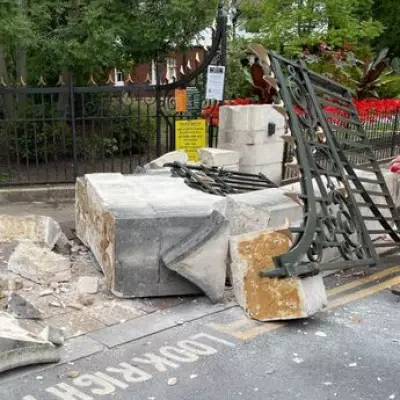
Deep beneath Britain's former industrial heartlands, an environmental revolution is quietly brewing in the most unlikely of places – the country's flooded coalmines. What was once the engine room of the industrial revolution is now poised to become a crucial weapon in the fight against climate change.
From Industrial Past to Sustainable Future
Across former mining regions from Wales to Yorkshire, abandoned mine shafts are filling with water that's naturally warmed by the earth's core. This vast underground network is now being recognised as Britain's untapped geothermal treasure, capable of providing cheap, low-carbon heating for thousands of homes and businesses.
How Mine Water Heating Works
The process is remarkably simple yet brilliant:
- Water naturally warms to temperatures between 12-20°C in deep mine workings
- This warm water is pumped to the surface using heat pumps
- The heat is concentrated and distributed through local heating networks
- Cooled water is returned underground to be reheated naturally
Proven Success Stories
The concept is already delivering impressive results. In Gateshead, a pioneering mine water scheme provides heating and hot water to 350 homes, a college, and several businesses – all at significantly lower costs than traditional gas heating. Residents report heating bills cut by hundreds of pounds annually while dramatically reducing their carbon footprint.
Massive National Potential
Experts estimate that up to 25% of Britain's population lives above former coalfields. The Coal Authority has identified numerous sites with excellent potential for development. With the government pushing for net zero emissions, mine water heating represents a ready-made solution that could transform how we heat our buildings.
Overcoming Challenges
While the potential is enormous, significant hurdles remain. High upfront costs for drilling and infrastructure present the biggest barrier. However, as technology advances and more projects come online, costs are expected to fall rapidly, making this sustainable heating source increasingly accessible to communities across the UK.
This innovative approach represents a poetic full circle for Britain's industrial heritage – transforming environmental liabilities into valuable assets that could help power our sustainable future.





